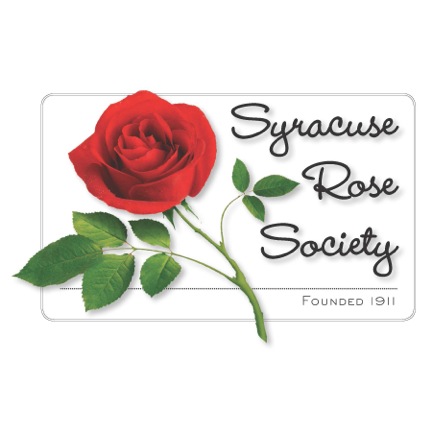By Alice Flores
[Reprinted from The Rose Petal of
the Mid-Hudson Rose Society, Dec. 1998]
The longer I grow roses, the more I come to enjoy winter when
I can observe the roses without their concealing foliage. This is when the rose
reveals its true
nature and often its genealogy.
The bare stems of a dormant rose fascinate me more, in fact, than the
leafy shrub. At this time of year
the thorns, the color of the bark, the arrangement of the canes and laterals,
all combine to identify the rose every bit as much as (and sometimes more than)
the flowers.
Although I love working
in my nursery in the spring, floating on a cloud of fragrance, I am even more
excited when I realize that I can name a rose by glancing at the naked plant,
not even reading the tag. This is
the time of year when it is easy to sort out varieties that my unobservant
helpers have inadvertently mixed together. Mme. Gregoire Staechelin
and Cl. Souvenir de la Malmaison
practically separate themselves when they are devoid of leaves. No way could
you mix them up. I’ve found that even varieties within a
single class (such as R. Wichuraiana ramblers) look different in the winter. One variety will be a bit more red, another a bit more
green; or the canes will be consistently smoother, or thornier, or angled in a
peculiar way.
I can appreciate the
stark beauty of the winter aspect of the plants—R. Rubrifolia with its rich color,
R. Cinnamomea—so spiny and delicate, Chloris
with its smooth, maroon stems, the upright thorny
splendor of Maiden’s Blush, the
graceful drooping structure or the big Damasks, or the busy little colonies
of the bristly Gallicas.
Is there anyone else out
there who gets off on these
naked roses?
[Alice Flores, a
Mendocino-based rosarian and nurserywoman, is an active member of the Heritage
Roses Group and on the OGR
Committee for Modern Roses XI.]
